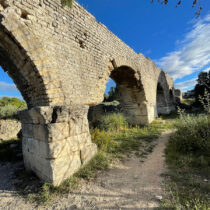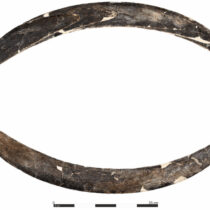“1st International Conference on Neutron Imaging and Neutron Methods in Archaeology and Cultural Heritage Research” (NINMACH2013)
Sept. 9-12, 2013
Held under the Auspices of the International Atomic Energy Agency (IAEA) at Techniche Universität München, Garching, Germany
In the recent years, modern scientific methods have led to a wealth of information in Archaeology and Cultural Heritage Research concerning the composition of artefacts both on a molecular level and on the mechanical built of objects than cannot be dismantled without destroying them. X-ray methods from radiography to fluorescence have become widespread, but the potential of neutron methods has barely been tapped. Neutrons easily penetrate thick layers of metals, even lead, while revealing organic material like wood, leather or bones in sealed metal or stone containers. Two- and three-dimensional imaging provides visual information, while neutron activation analysis delivers elemental composition information, and neutron scattering reveals alloys and textures.
With modern detectors, Neutron Imaging can even be performed at low-power research reactors; the application for cultural heritage research gives rise to new uses to elder small research reactors throughout the world, which is explicitly supported by IAEA.
NINMACH addresses archaeologists and conservators from museums and universities and aims to illustrate the potential of neutron methods in cultural heritage research. Talks and posters will be presented by physicists and archaeologists who have already employed neutron methods successfully; attendance is explicitly recommended for scientists who are completely new to neutron methods and want to learn about the possibilities at neutron sources throughout the world.
The conference will be held from Sept. 9 to 12, 2013, at the Garching campus of Technische Universität München, Germany.
Pre-Registration and Call for Abstracts
Since NINMACH 2013 is the first event that addresses both neutron scientists and archaeologists and conservators, the Organizing Committee needs an estimate of the number of participants. All interested participants should therefore pre-register with their name and email address as early as possible to get more information by email and to help the Committee plan the conference.
Abstract submission deadline: 31 May 2013





